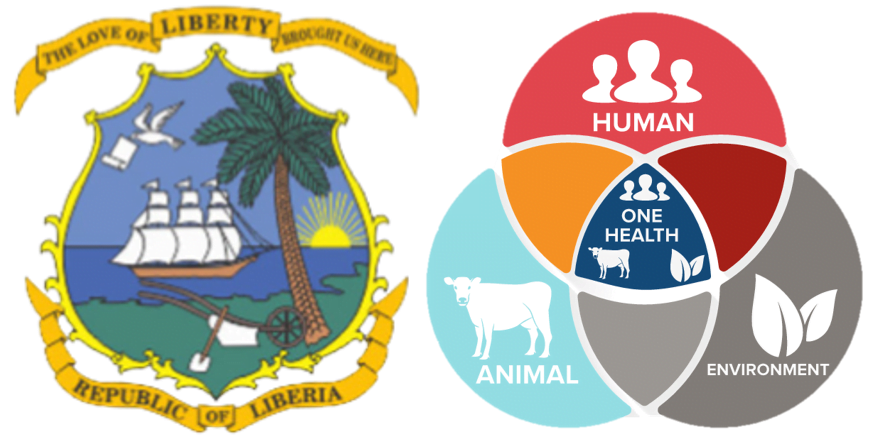Liberia health system’s journey to long-term recovery and resilience post-Ebola: A case study of an exemplary multi-year collaboration
- Version
- Download 2
- File Size 1.66 MB
- File Count 1
- Create Date September 6, 2023
- Last Updated September 6, 2023
Liberia health system's journey to long-term recovery and resilience post-Ebola: A case study of an exemplary multi-year collaboration
Liberia is one of the three countries worst hit by the 2014–2016 West Africa Ebola Virus disease (EVD) outbreak, during which it recorded over 10,000 cases, including health workers. Estimates suggest that the non-EVD morbidity and mortality resulting from the collapse of the health system exceeded the direct impact of EVD (1). The health and socioeconomic impacts of the outbreak were felt by individuals, communities, governments, and organizations long after the outbreak. Lessons from the outbreak were clear, not only for Liberia but also for the regional and global communities: that building health system resilience through an integrated approach (2) is an investment in population health and wellbeing, as well as in economic security and national development. It is, therefore, no surprise that Liberia made recovery and resilience a national priority in 2015 when the outbreak began to wane (3). The recovery agenda provided the platform for stakeholders to work toward the restoration of the pre-outbreak baseline of health system functions while aiming to build a higher level of resilience, informed by lessons from the Ebola crises.
Written By: Louis Ako-Egbe, Redda Seifeldin, Sohel Saikat, Sanford C. Wesseh, Moses Brown Bolongei, Ballah Jusu Ngormbu, Roseline George, Charles Ocan and Clement Lugala Peter Lasuba.
This article is part of the Research Topic ‘Health Systems Recovery in the Context of COVID-19 and Protracted Conflict’
Published: 19 June 2023
